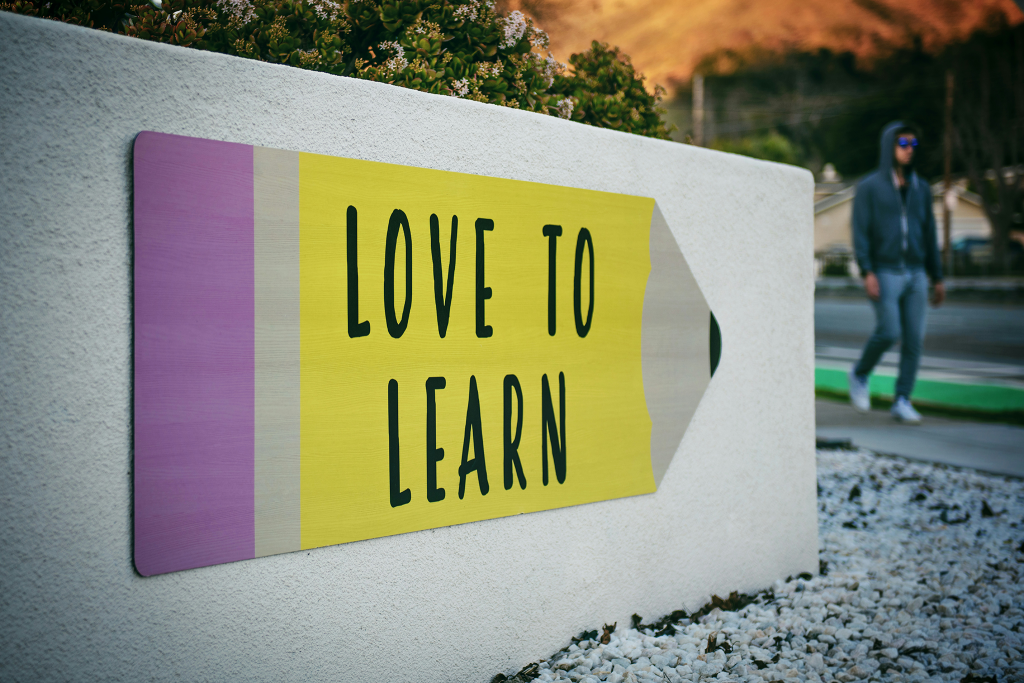Working Effectively with Colleagues
Home / Tools for Teachers / School Culture and Professional Navigation / Working Effectively with Colleagues
Your colleagues can be your greatest source of support, collaboration, and professional growth—or a source of stress if relationships aren’t managed well. Here are some strategies for building positive working relationships with different types of colleagues, handling conflicts professionally, and contributing meaningfully to your school’s collaborative culture. Strong colleague relationships enhance both your teaching effectiveness and job satisfaction.
Building Professional Relationships
Colleague Relationship Mapping
Essential Relationships to Develop:
- Grade level/department partners – Daily collaboration needs
- Mentor teacher – Guidance and support
- Support staff – Secretary, custodial, cafeteria, aides
- Specialists – Library, technology, special education, ELL
- Veteran teachers – Institutional knowledge and wisdom
Relationship Building Strategies
For Grade Level/Department Teams:
- Arrive prepared for meetings
- Share resources and materials
- Offer to help with workload sharing
- Communicate clearly about shared students
- Respect different teaching styles while finding common ground
For Support Staff:
- Learn everyone’s names and roles
- Show genuine appreciation for their work
- Respect their expertise and experience
- Be flexible and understanding of their constraints
- Include them in appropriate social interactions
For Veteran Teachers:
- Ask for advice and actually listen
- Show respect for their experience
- Offer assistance with technology or new initiatives
- Share credit for successes
- Learn school history and traditions from them
Collaboration Best Practices
Effective Team Meeting Participation
- Come prepared – Read agendas, bring materials
- Stay focused – Contribute to topic at hand
- Be solution-oriented – Offer ideas, not just problems
- Respect time – Start and end on time
- Follow through – Complete commitments made
Sharing Resources Professionally
- Give credit – Always acknowledge original creators
- Adapt appropriately – Don’t just copy, make it fit your context
- Reciprocate – Share your successful materials too
- Quality control – Only share things that actually work
- Organize sharing – Use consistent naming and organization
Handling Colleague Conflicts
Minor Disagreements:
- Address directly and privately first
- Focus on the issue, not personality
- Seek to understand their perspective
- Find compromise when possible
- Let minor things go
Serious Conflicts:
- Document patterns of behavior
- Seek mediation from mentor or administrator
- Focus on impact on students
- Maintain professionalism at all times
- Know when to involve administration
Professional Communication Scripts
Asking for Help:
- “I’m working on [issue] and could use some perspective. Do you have a few minutes?”
- “I noticed you handle [situation] really well. Could you share some strategies?”
- “I’m new to this and want to make sure I’m approaching it correctly.”
Offering Help:
- “I’ve been working on [topic] and have some materials if they’d be useful.”
- “I noticed you’re dealing with [situation]. I had something similar last year – want to brainstorm?”
- “I have some free time this week if you need help with [project].”
Declining Requests:
- “I wish I could help, but I’m at capacity right now.”
- “That’s not my area of strength, but [Name] might be a good resource.”
- “I can’t take this on now, but could help you think through it briefly.”

Did you find this helpful?
